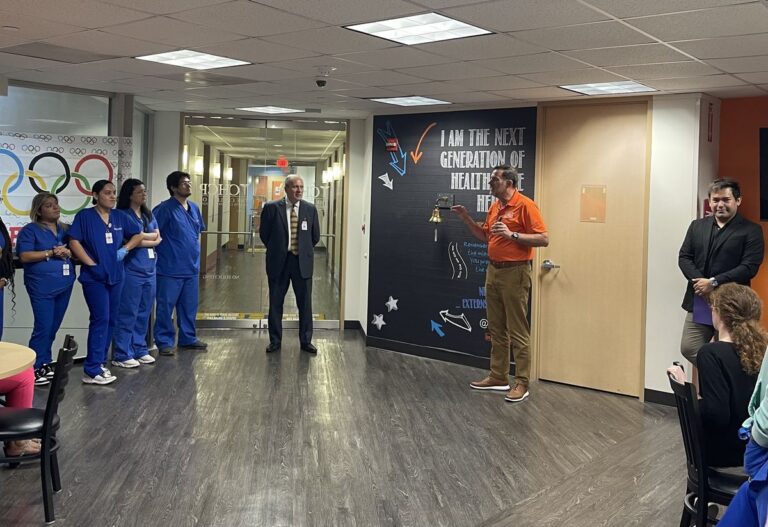A growing number of college-age students are skipping traditional degrees in favor of microcredentials—short, skills-focused programs designed to get them into high-demand jobs faster and more affordably, according to Inside Higher Ed.
What’s happening: Programs like the College of Health Care Professions (CHCP) in Texas and the Marcy Lab School in Brooklyn are leading this trend.
- CHCP, which has nine campuses across Texas, provides high-quality pathways into in-demand healthcare jobs like medical assisting, medical billing and coding, or radiologic technologist. Maleah Boddie, a dental assistant student, sees her certificate as a stepping stone to dental school.
- Marcy Lab School offers a one-year, tuition-free software engineering fellowship, helping students like 20-year-old Veshona Shell avoid the time and cost of a traditional degree. “I just wanted to get to the core of my career,” says Shell.
The big picture: Microcredentials are booming across the U.S. In 2022-23, students aged 18-20 earned more certificates than any other age group, with 154,000 certificates completed—an 11% increase from the previous year, according to the National Student Clearinghouse.
What they’re saying: Eric Bing, chancellor of CHCP, sees the appeal of microcredentials for working adults and nontraditional students. “The traditional education model was built for people who have the luxury of time and money,” Bing told Inside Higher Ed. At CHCP, many students want “to quickly improve their economic situation.”
Go deeper: Read more about “the microcredential generation” in Inside Higher Ed.




